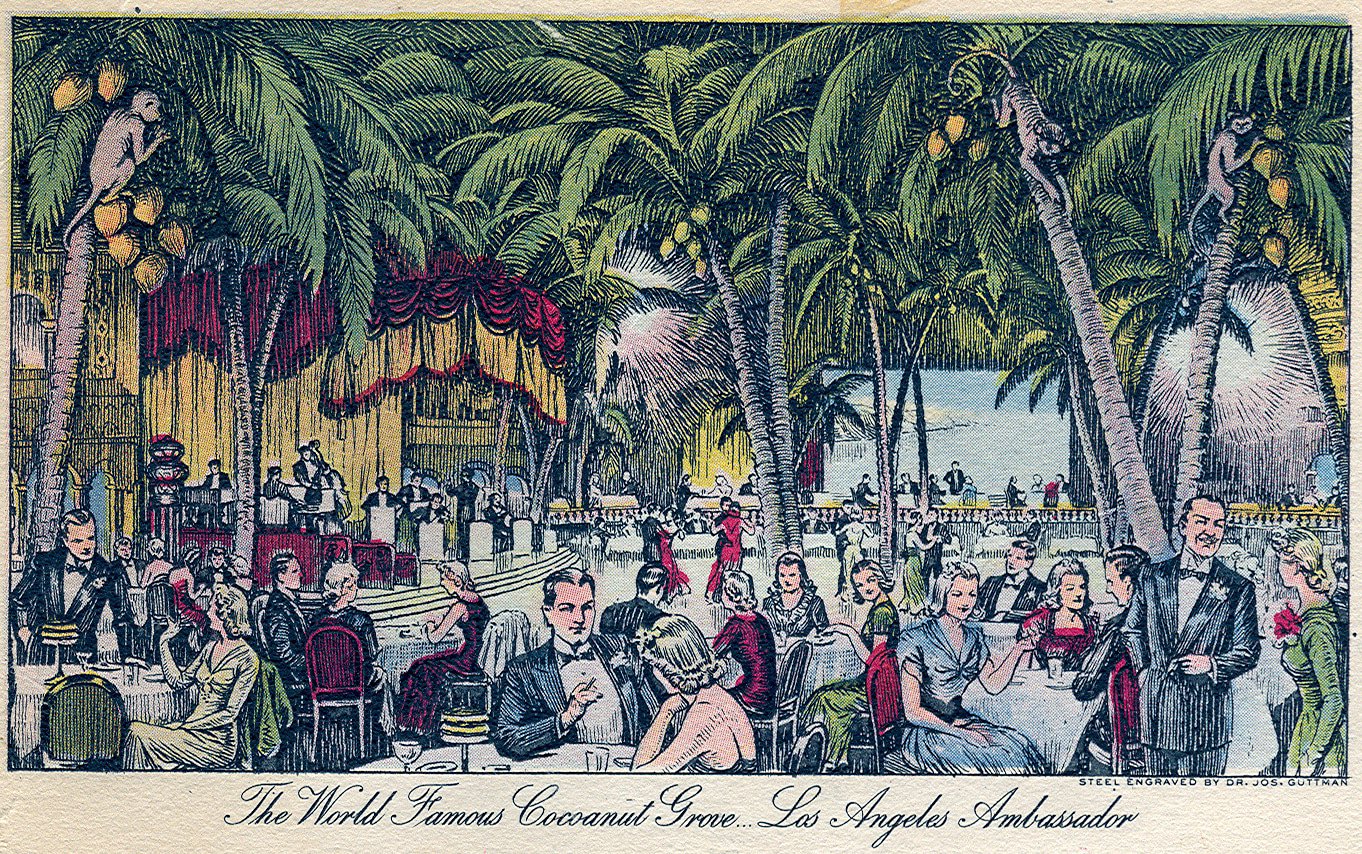
 In her new book, Seduction: Sex, Lies, and Stardom in Howard Hughes’s Hollywood, Karina Longworth uses the story of movie mogul and industrialist Hughes to examine the lives of myriad young women in the early days of Hollywood. Given that Longworth, host of the inimitable and interesting You Must Remember This podcast, has a knack for interweaving detailed stories of forgotten Hollywood, it should comes as no surprise that Seduction is a fascinating read.
In her new book, Seduction: Sex, Lies, and Stardom in Howard Hughes’s Hollywood, Karina Longworth uses the story of movie mogul and industrialist Hughes to examine the lives of myriad young women in the early days of Hollywood. Given that Longworth, host of the inimitable and interesting You Must Remember This podcast, has a knack for interweaving detailed stories of forgotten Hollywood, it should comes as no surprise that Seduction is a fascinating read.
Better than that, though, is the way in which Longworth is able to take the concept of her podcast and expand it widely. As she states in the press interview which came with our review copy, “[a]approaching this as a book gave me a longer timeline to do the research, which allowed me to travel and write about many primary sources, such as telegrams, memos, depositions, unpublished notes and memoirs, etc.”
As a result, the reader gets a view of not only Hughes, but the mechanisms he set in place to control the women upon whom he fixated. To explain the scope of the book in a few short sentences is nigh-impossible, but the TL;DR of Seduction is this: Howard Hughes was obsessed with a certain kind of woman, and he relentlessly pursued them in a way which was as controlling as any fictional Svengali.
Longworth created a mini-series of episodes tied to the release of Seduction, and after a couple of weeks of listening, my co-worker pointed out that all of the stories seemed to follow a particular pattern: “A girl comes to town, meets Howard Hughes, he treats her awfully and fools around on her, she fools around, she turns to alcohol, and everything ends poorly.”
It’s essentially the pattern of the book, distilled to its essence. Hughes had a type, to be sure. He liked his girls — both adult women and in some cases, literal girls not much past their sixteenth birthday — bosomy, brunette, and new to town. He’d have one of his flunkies meet them straight off the train and set them up to be one of his many, many “potential starlets.” Many would never be in a single film.
It would all be sad as hell, were it not for the stories of the women who broke free of Hughes’ machinations and became successes in their own right. Sadly, there weren’t many, and Longworth makes a pretty valid point that many of these women could have been icons were it not for Hughes’ interference. For all of Hughes’ controlling, deeply disturbing habits and emotional malfeasance, it appears that he did have an eye for talent, but no ability to let it flourish.
It’s astonishing to see how many actresses waited years for their big films to come out, and the fact that someone like Jane Russell was able to outlast the madness and tinkering which was the process of making The Outlaw is astonishing in light of how many young women never saw anything. The strength and power Hughes wielded is only matched for the rapidity and sadness of his decline, which has been well-documented over the years. Thanks to Longworth’s dedicated research, she’s able to bring into the light the stories of so many women who were kept in the darkness of Hughes’ shadow.
Longworth’s Seduction does an excellent job of demonstrating what a cad Howard Hughes was, as well as using him to tell the stories of these women. The most appealing aspect of Seduction is that it’s not “Howard Hughes was a god among men” for the hundredth time, but instead the untold stories of women who were repeatedly tossed aside as the tycoon’s interest waxed and waned. It’s almost as if he’s finally the one being used.
As recommended listening, check out the You Must Remember This episode on Linda Darnell, whose story isn’t explored much in the book. The expanded version of the prologue is also essential background.
Read the first two chapters of Seduction here.
You can order Seduction via HarperCollins. It’s out Tuesday, November 13.





1 Comment
Comments are closed.